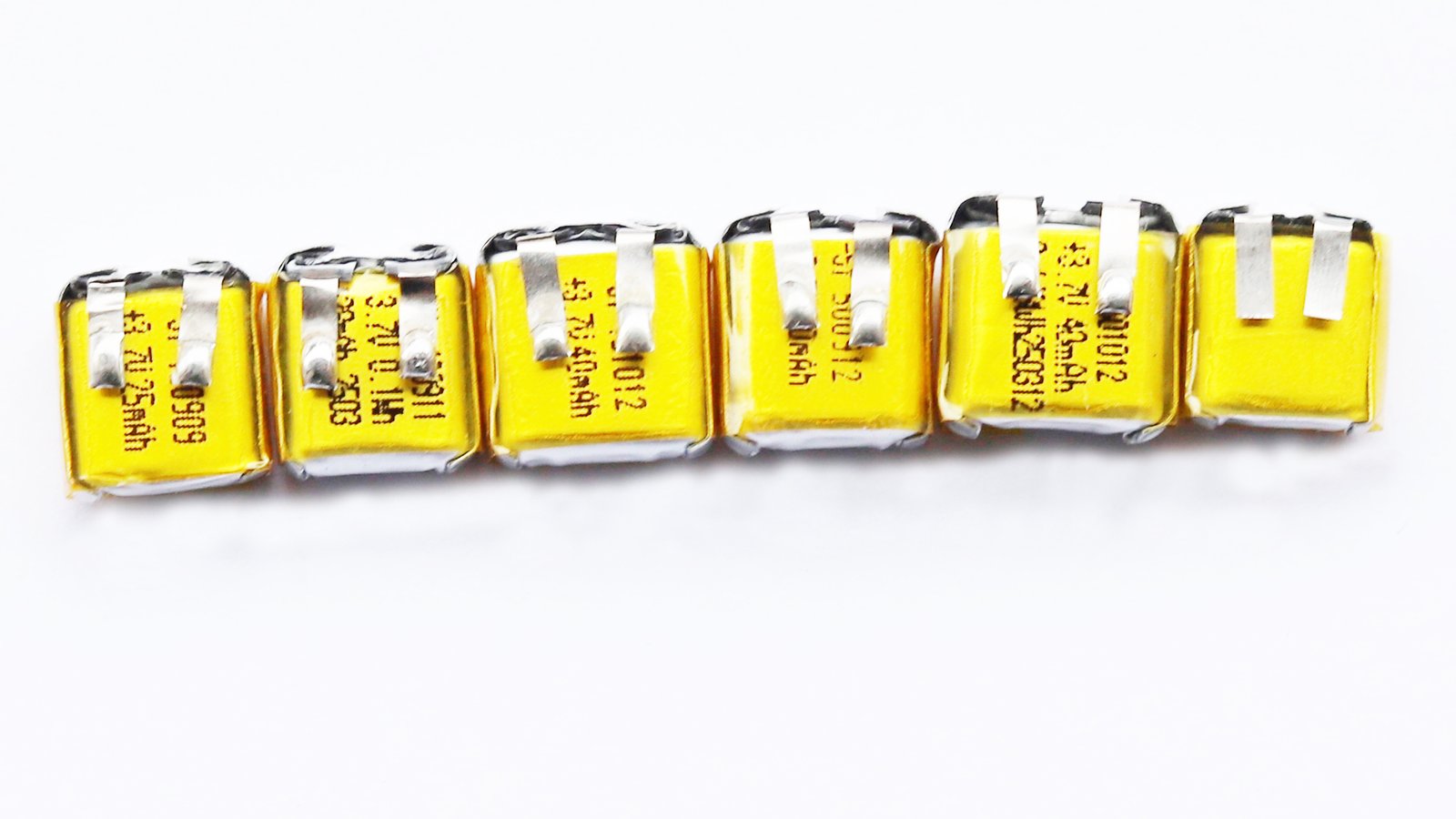Table of Contents
ToggleHow to Clean and Maintain Battery Contacts in Smart Glasses?

Your smart glasses might be cutting-edge, but dirty battery contacts can stop them dead. Don’t let such a small issue kill your power.
To keep your smart glasses running reliably, regularly cleaning and maintaining the battery contacts is essential. It prevents power interruptions and ensures optimal device performance.
Even the most advanced features can’t save your smart glasses if power transfer fails. Let’s walk through exactly how to spot, clean, and prevent battery contact issues.
Table of Contents
- Understanding Why Battery Contacts Matter?
- How Can You Spot Dirty or Corroded Contacts?
- What Tools Do You Need to Clean Battery Contacts?
- What’s the Correct Way to Clean Smart Glasses Battery Contacts?
- How Can You Prevent Battery Corrosion Long-Term?
- When Should You Seek Professional Help?
Understanding Why Battery Contacts Matter?
Your glasses are lagging, flickering, or shutting off randomly? The problem may be microscopic.
Battery contacts act as the bridge between power and performance—when they get dirty, your device loses efficiency or fails entirely.

Battery contacts allow current to flow from your battery to your smart glasses’ circuit board. But dirt, oxidation, or residue disrupts this flow. Dirty contacts create resistance, heat, and inefficiency—eventually shortening the battery life or damaging internal components.
Maintaining clean contacts ensures:
- Consistent voltage delivery
- Better charging speeds
- Fewer device restarts
- Overall longer device life
These benefits matter most for smart glasses, where internal space is tight and every milliamp matters.
How Can You Spot Dirty or Corroded Contacts?
Your smart glasses won’t tell you directly—but the clues are there.
Symptoms like unstable charging, random power loss, or visible greenish buildup signal it’s time for a battery contact check.

| Here are telltale signs: | Symptom | What It Means |
|---|---|---|
| Intermittent shutdowns | Unstable electrical connection | |
| Slower or no charging | High resistance in the contact points | |
| Visible corrosion or residue | Oxidation has already started | |
| Shortened battery life | Device is compensating with higher drain |
Don’t ignore these early signs—contact corrosion spreads and gets worse over time.
What Tools Do You Need to Clean Battery Contacts?
Before diving in, grab your gear.
To safely clean battery contacts, you’ll need isopropyl alcohol, cotton swabs, a soft brush, and a microfiber cloth.

Here’s your checklist:
- Isopropyl Alcohol (70–99%) – Effective solvent that evaporates quickly
- Cotton Swabs – Great for precision cleaning
- Soft Brush (e.g. toothbrush) – Loosens dry residue or surface oxidation
- Microfiber Cloth – Dries contacts without lint
- Optional: Contact cleaner spray, anti-static gloves, or a magnifier for inspection
If corrosion is severe, a commercial contact-cleaning solution might be more effective than alcohol alone.
What’s the Correct Way to Clean Smart Glasses Battery Contacts?
Smart glasses are small and sensitive—clean them like a surgeon.
Turn off the device, disassemble carefully, clean gently with alcohol, then dry and reassemble.

Step-by-step instructions:
1. Power Off and Disassemble
- Shut down your smart glasses completely.
- Remove the battery cover or access panel.
- If needed, consult your manual for disassembly instructions.
2. Apply Alcohol and Gently Clean
- Dip a cotton swab in alcohol.
- Rub it across the battery contact surface.
- Use a brush for dry flakes or crusty buildup.
3. Repeat and Inspect
- For corrosion, use multiple swabs.
- Do not use sharp tools.
- Dry fully with a microfiber cloth.
4. Reassemble and Test
- Put everything back together securely.
- Power on and verify if issues are resolved.
💡 Tip: Always allow the contacts to fully air dry before reassembling to avoid trapped moisture.
How Can You Prevent Battery Corrosion Long-Term?
Cleaning once helps, but protection prevents.
Moisture is the biggest enemy of battery contacts—store your smart glasses in dry conditions and clean routinely.

Best practices for preventing corrosion:
- Store smart glasses in a cool, dry place
- Avoid using in rain, steam, or extreme humidity
- Use a protective, airtight case when traveling
- Dry the device immediately if it gets wet
- Clean contacts once a month—even if you don’t see problems
Optional: Use a small silica gel pack in your case to absorb ambient moisture.
When Should You Seek Professional Help?
Sometimes, DIY is not enough.
If cleaning doesn’t fix the issue, the battery or circuit board may be damaged—professional repair is the safest next step.

Situations where you need expert help:
- Battery contacts are melted or pitted
- Smart glasses still won’t hold charge
- Charging port shows damage
- You don’t feel confident opening your device
Don’t risk it—send it in or get help before it becomes irreparable.
Conclusion
Clean battery contacts = healthy smart glasses.
Regular maintenance of battery contacts keeps your smart glasses reliable, responsive, and long-lasting.

